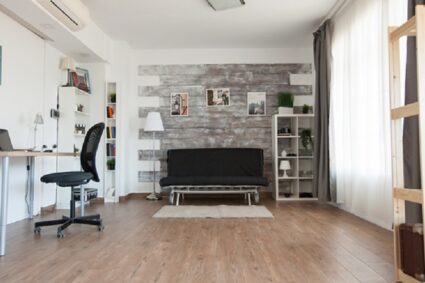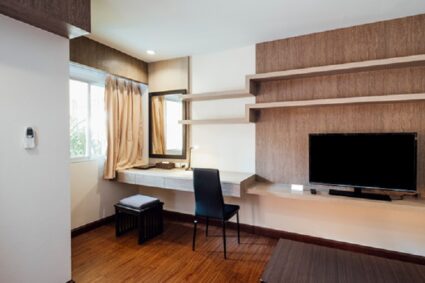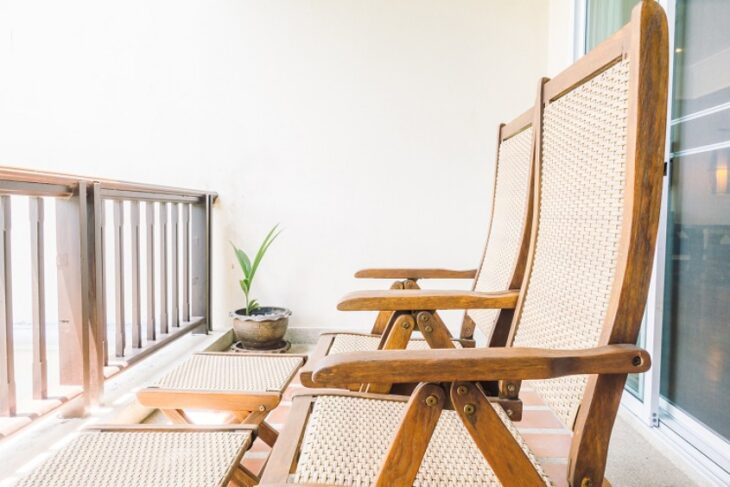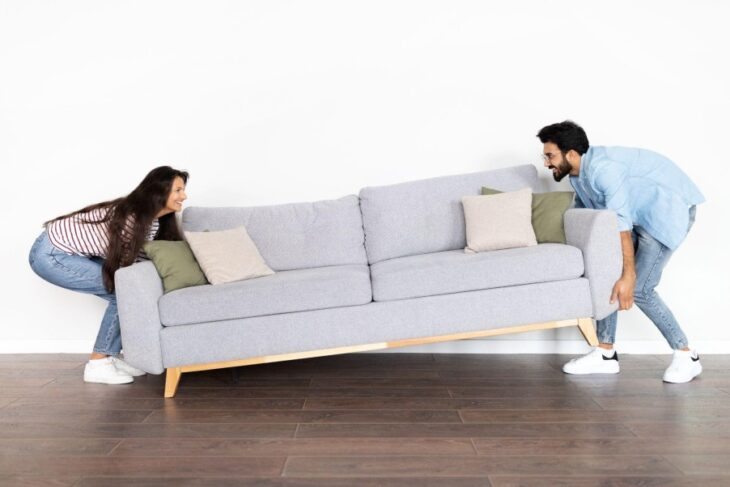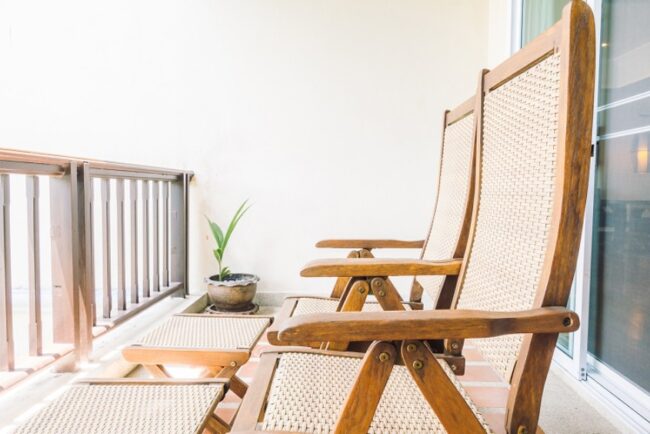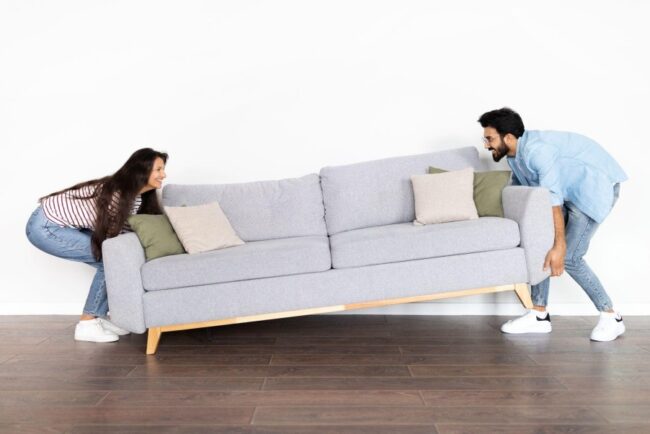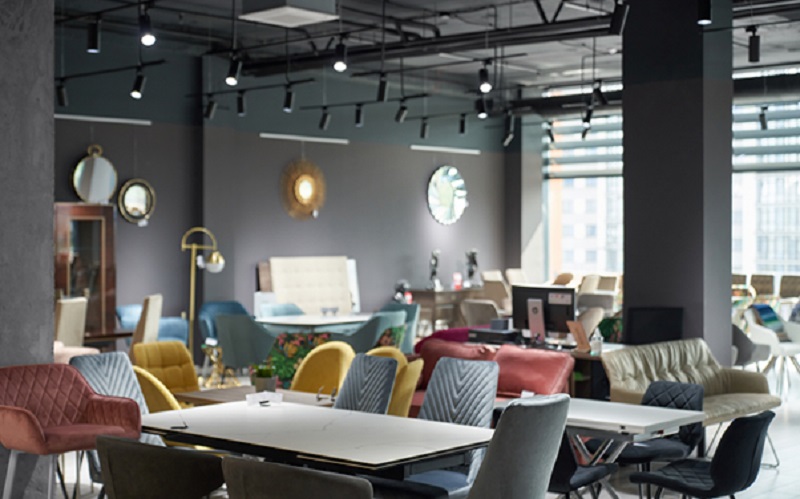
Furniture buying involves more than selecting what looks good. Every purchase should reflect durability, comfort, and financial value. With several furniture stores competing across Singapore, evaluating options with a clear focus on material, craftsmanship, and pricing helps buyers avoid costly mistakes. Comparing offerings helps uncover hidden value, especially when considering custom-made furniture in Singapore.
Understanding What You’re Paying For
Evaluating quality starts with materials and construction. Many furniture shops in Singapore showcase similar styles, but the internal structure makes a difference in long-term value. Hardwood frames, reinforced joints, and stain-resistant fabrics contribute to longer-lasting use. Solid wood provides a heavier, more robust feel, unlike particleboard or laminated finishes that wear quickly under daily pressure.
Comparing brands without assessing their material standards limits a buyer’s ability to make an informed decision. Examine physical pieces in-store, touch the surfaces, open drawers, and test mechanisms. Notice the hardware, the stitching, and the weight of the components. Furniture pieces that resist wobbles, squeaks, or visible warping during inspection generally reflect better construction.
Custom-made furniture in Singapore usually pays more attention to structure. Craftsmen build these items to suit precise measurements and load expectations. Unlike mass-produced options, customised solutions tend to deliver better fit, proportion, and long-term strength.
Comparing Prices Without Compromising Standards
Price points differ depending on design complexity, materials, and branding. Higher prices sometimes reflect marketing, not quality. Compare similar items across multiple shops and request quotations, even on the same model. Furniture shops in Singapore often offer promotions, clearance sales, or showroom pieces at discounted rates.
Pricing transparency matters. Ensure the price includes delivery, installation, and warranty. Some retailers may advertise low base costs but charge significantly for extras. Others may bundle services without fully explaining the value. Ask about return policies, lead times for delivery, and support for damaged items.
Budget-conscious shoppers frequently turn to warehouse outlets or online-exclusive sellers. While cost savings appear attractive, many lower-cost options sacrifice thickness, joinery, or resilience. Always weigh long-term usage against upfront costs. Spending slightly more upfront often prevents needing replacement within a few years.
Evaluating Custom-Made Furniture as a Value Investment
Custom-made furniture in Singapore caters to buyers with specific spatial, functional, or aesthetic needs. Unlike standard mass-produced sets, customised pieces maximise available space, match existing themes, and support unique usage needs. Whether furnishing a compact studio or a spacious landed home, customised pieces deliver on proportion and practicality.
Working with a custom furniture provider also means greater control over material selection. Choose solid wood over veneer, opt for premium foams over thin padding, or specify fabric suitable for pets and children. With input into every detail, you avoid compromising on comfort or longevity.
Although customisation sometimes incurs a higher base cost, it offsets hidden losses from wasted space, awkward layouts, or mismatched aesthetics. Buyers avoid settling for standard designs that don’t quite fit or match their needs. In terms of lifetime value, customised furniture frequently performs better than ready-made pieces from mass-market outlets.
Choosing a Furniture Shop in Singapore for Long-Term Satisfaction
Every furniture shop in Singapore positions itself uniquely. Some focus on minimalist collections. Others lean toward contemporary luxury. Identify your functional and design priorities before visiting stores. Prioritise comfort, scale, and purpose over fast trends.
Staff knowledge also signals store reliability. Shops that offer thoughtful consultations, explain materials and discuss manufacturing openly generally hold themselves to higher standards. Look for after-sales service, support channels, and local production capabilities.
Shoppers should avoid making decisions based only on visuals. What looks sleek online or under showroom lighting might feel uncomfortable at home or lack the quality to withstand everyday wear. Investing time to evaluate reviews, return policies, and customer photos helps form a clearer expectation.
Online and offline hybrid retailers also give flexibility. Shortlisting online saves time, but testing furniture in person confirms comfort and build. Many reputable stores offer virtual design assistance to simplify matching themes and dimensions with existing decor.
Contact Caracara for a trusted furniture shop in Singapore offering custom-made furniture tailored to your lifestyle, preferences, and space.








